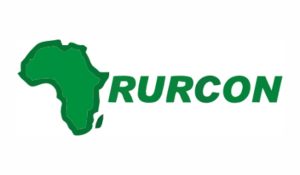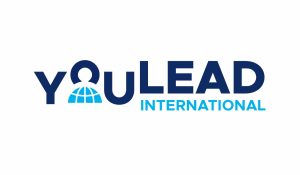
In recent years, corporate Diversity, Equity, and Inclusion (DEI) programs have faced increasing scrutiny and political backlash. While some companies have chosen to scale back their DEI initiatives, others appear to be rebranding them under different names to adapt to changing external pressures. This article explores whether businesses are truly abandoning their DEI commitments or simply repackaging them in response to evolving market dynamics.
Scaling Back DEI Initiatives
Several high-profile companies have made significant changes to their DEI programs, signaling a shift in corporate strategy:
McDonald’s
McDonald’s recently rebranded its DEI team as the “Global Inclusion Team,” eliminating representation goals and discontinuing its supplier diversity program. While the company maintains that underrepresented groups still make up 30% of its leadership, critics argue that these changes signal a retreat from DEI commitments. This shift follows pressure from conservative activists who have campaigned against corporate DEI programs.
JPMorgan Chase
JPMorgan Chase has renamed its DEI organization to “Diversity, Opportunity, and Inclusion” (DOI) while reducing training programs and consolidating diversity-related initiatives. The move comes as the Trump administration pushes back against corporate policies focused on marginalized groups. Despite these changes, JPMorgan insists that fostering an inclusive workplace remains a priority.
Read also: Chan Zuckerberg Initiative Ends DEI Programs and Immigration Reform Efforts
Victoria’s Secret
Victoria’s Secret has adjusted its DEI language, replacing “Diversity, Equity, and Inclusion” with “Inclusion and Belonging.” Additionally, the company has reevaluated its supplier diversity goals and halted specific promotion targets for Black employees. This shift reflects a broader corporate trend of rebranding DEI initiatives while maintaining some level of inclusion efforts.
Rebranding DEI Efforts
Rather than completely eliminating DEI programs, some companies are choosing to reposition their diversity initiatives under new branding:
Eli Lilly
Pharmaceutical giant Eli Lilly has removed explicit DEI references from its proxy statements and reduced mentions of “racial justice.” However, the company continues to prioritize workforce diversity, tying executive compensation to diversity goals. This strategic shift suggests a focus on retaining diversity initiatives while avoiding politically charged terminology.
Molson Coors
Molson Coors has erased DEI references from its “People & Planet” metrics but continues to emphasize fostering an inclusive corporate culture. The company’s strategy aligns with other corporations attempting to balance diversity commitments with external pressures.
Factors Driving These Changes
Political and Legal Pressures
The political climate, particularly under the Trump administration, has intensified scrutiny on DEI initiatives. Conservative activists and lawmakers have actively campaigned against corporate DEI programs, prompting companies to reassess their diversity strategies to avoid regulatory or reputational risks.
Activist Influence
Prominent conservative figures, such as Robby Starbuck, have influenced corporate decision-making by threatening legal action and public campaigns against companies perceived as prioritizing DEI over merit-based policies. McDonald’s, among others, has been targeted by such campaigns, leading to strategic modifications in its DEI approach.
Shareholder and Market Considerations
While some shareholders support scaling back DEI efforts, others strongly advocate for diversity initiatives. For example, Disney shareholders recently rejected a proposal to discontinue participation in the Human Rights Campaign’s Corporate Equality Index, demonstrating continued investor backing for inclusion efforts.
A Shift in Strategy, Not a Retreat?
Despite the apparent rollback of DEI initiatives in some companies, many organizations are choosing to rebrand rather than completely eliminate these efforts. Whether through strategic renaming or subtle shifts in focus, companies continue to navigate the evolving landscape of corporate diversity programs. As political, legal, and activist pressures shape the future of DEI, businesses will need to balance their commitment to inclusion with external expectations and market realities.






